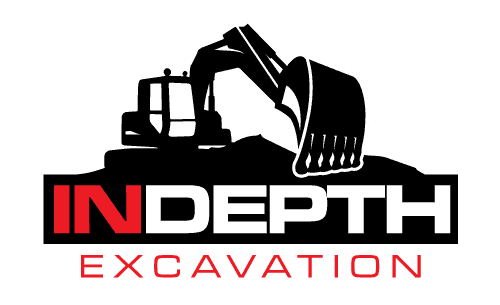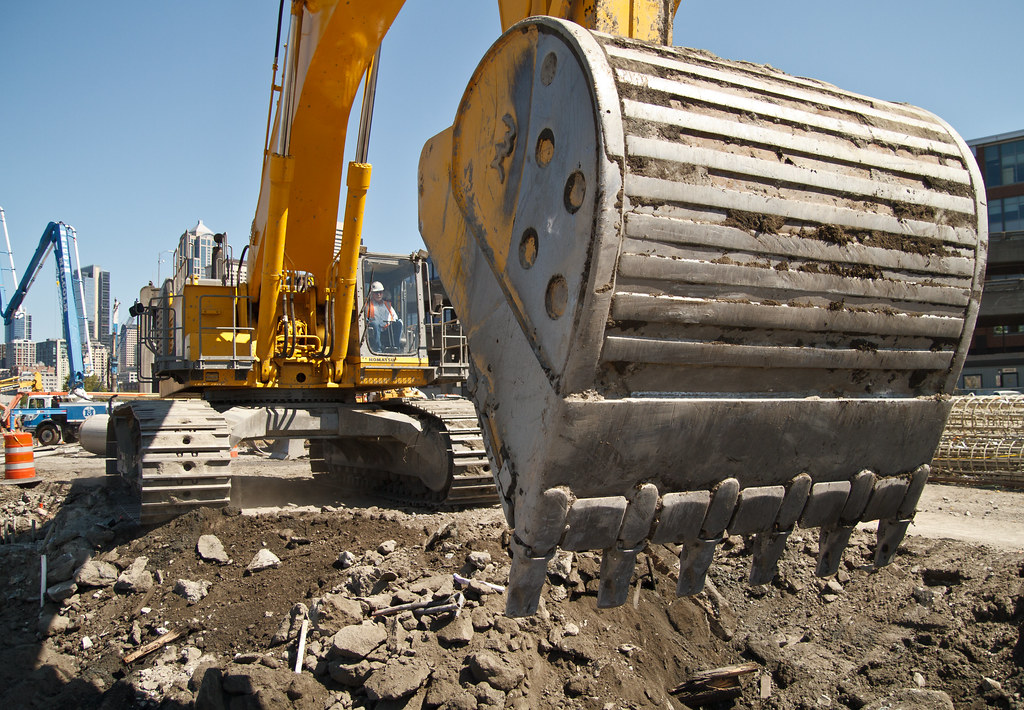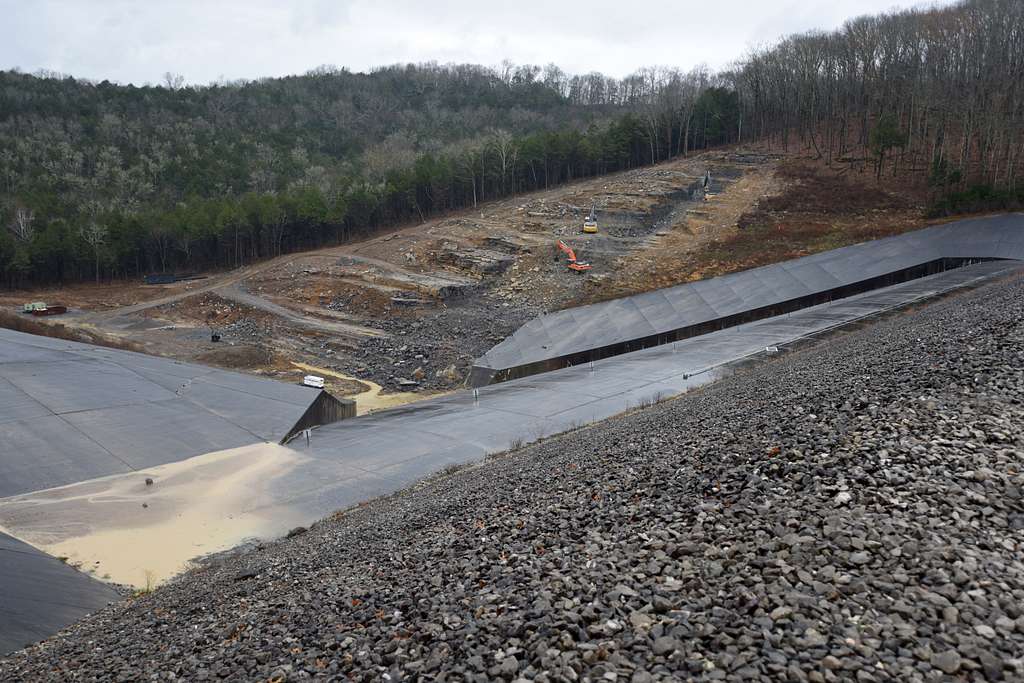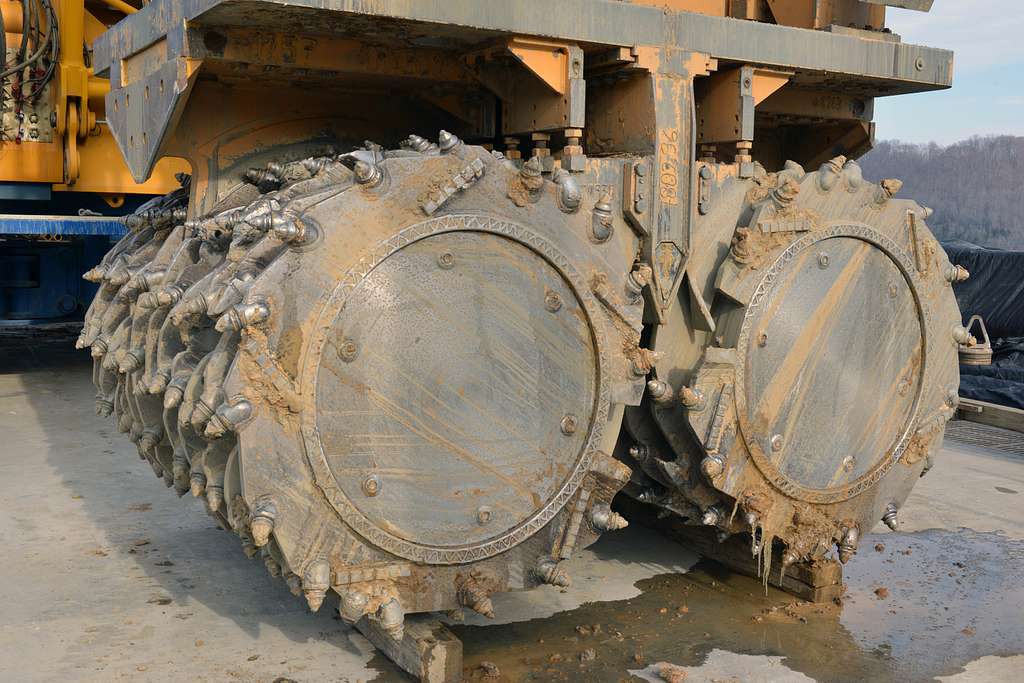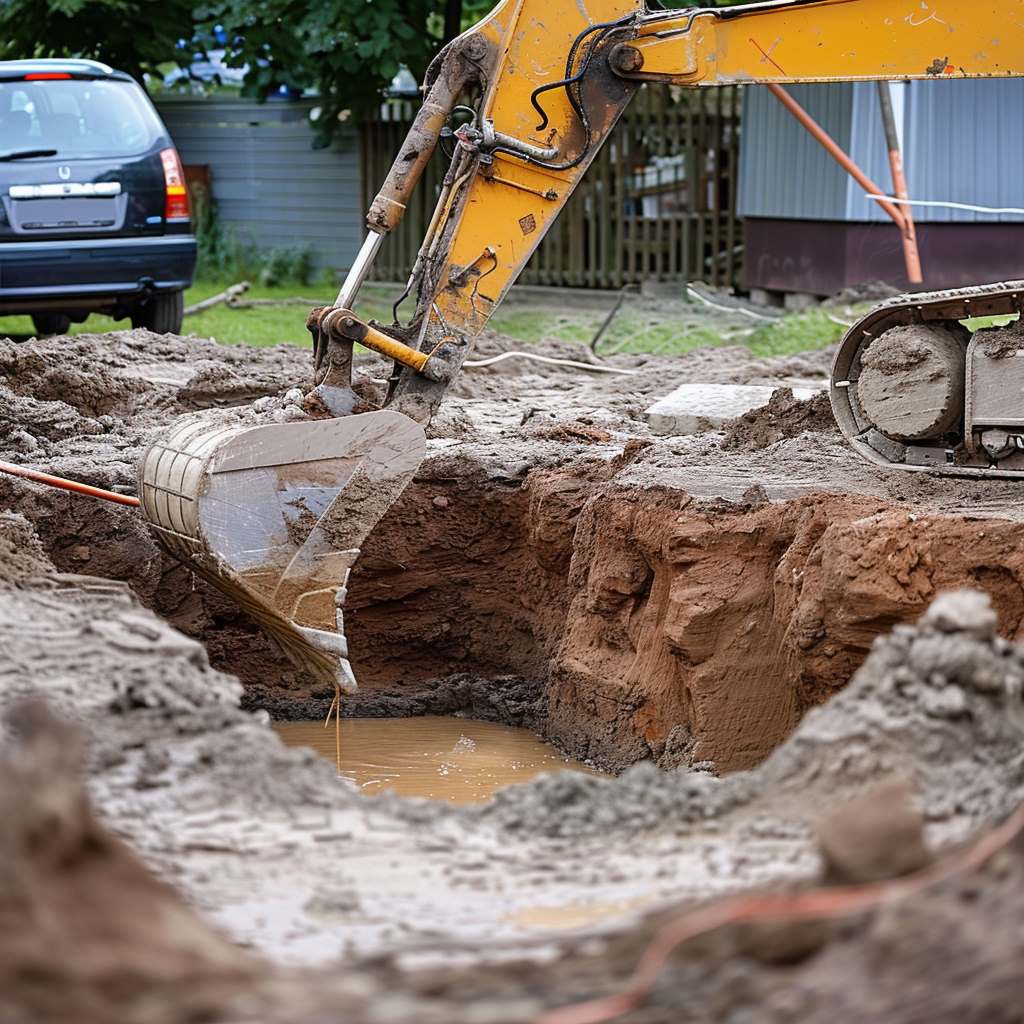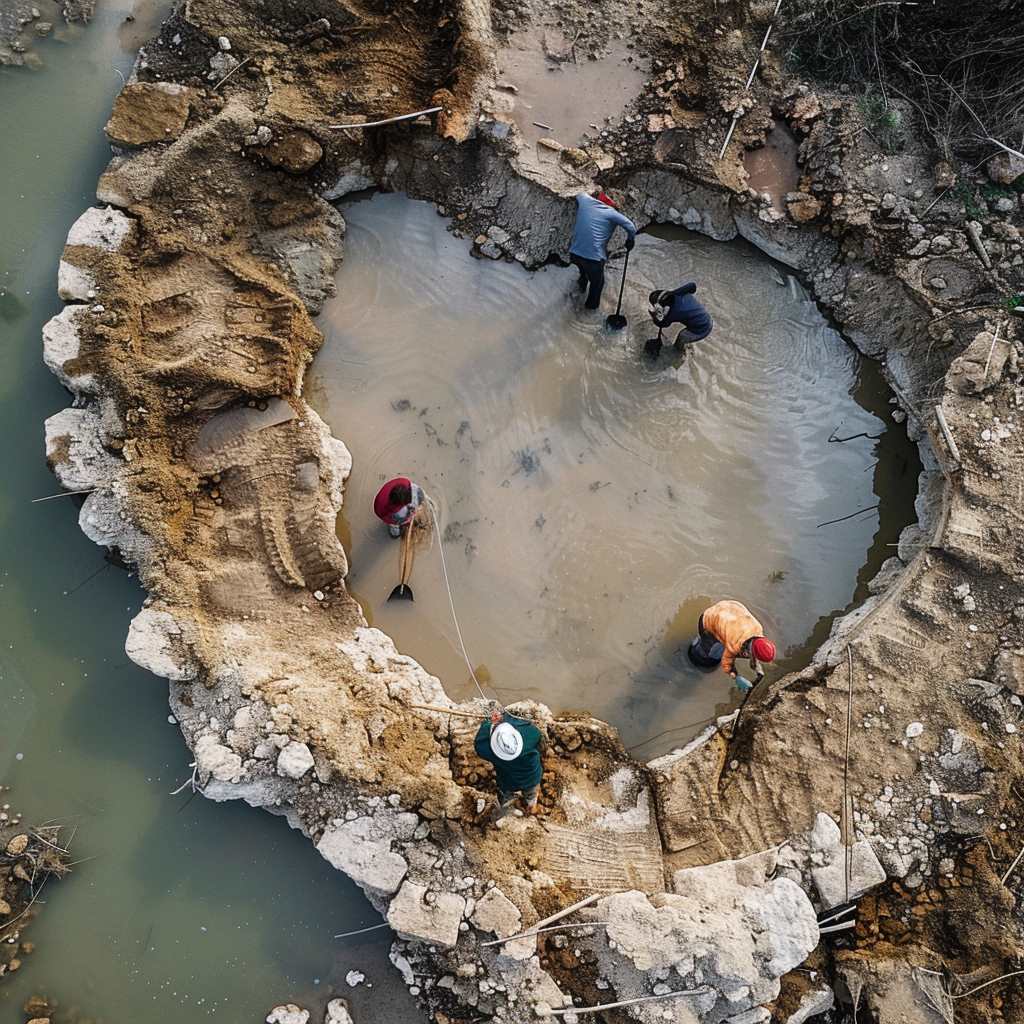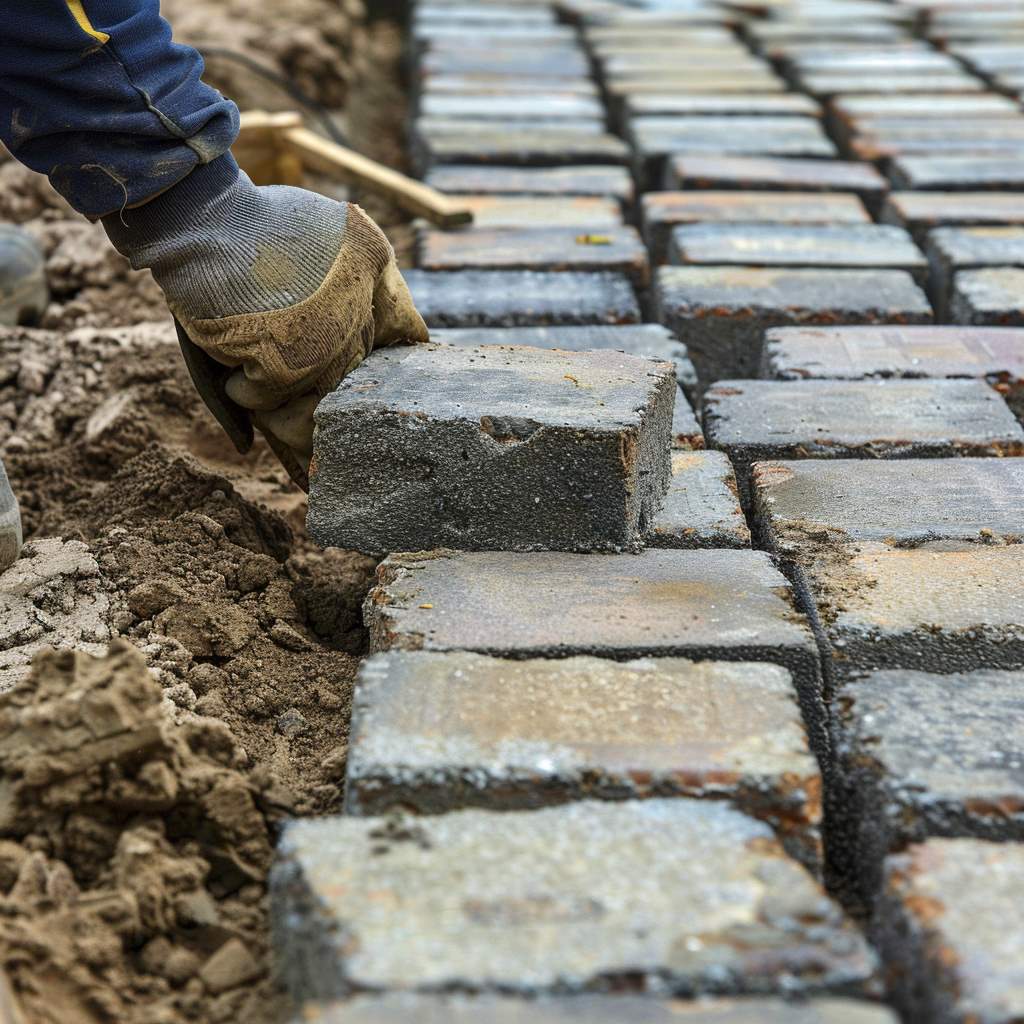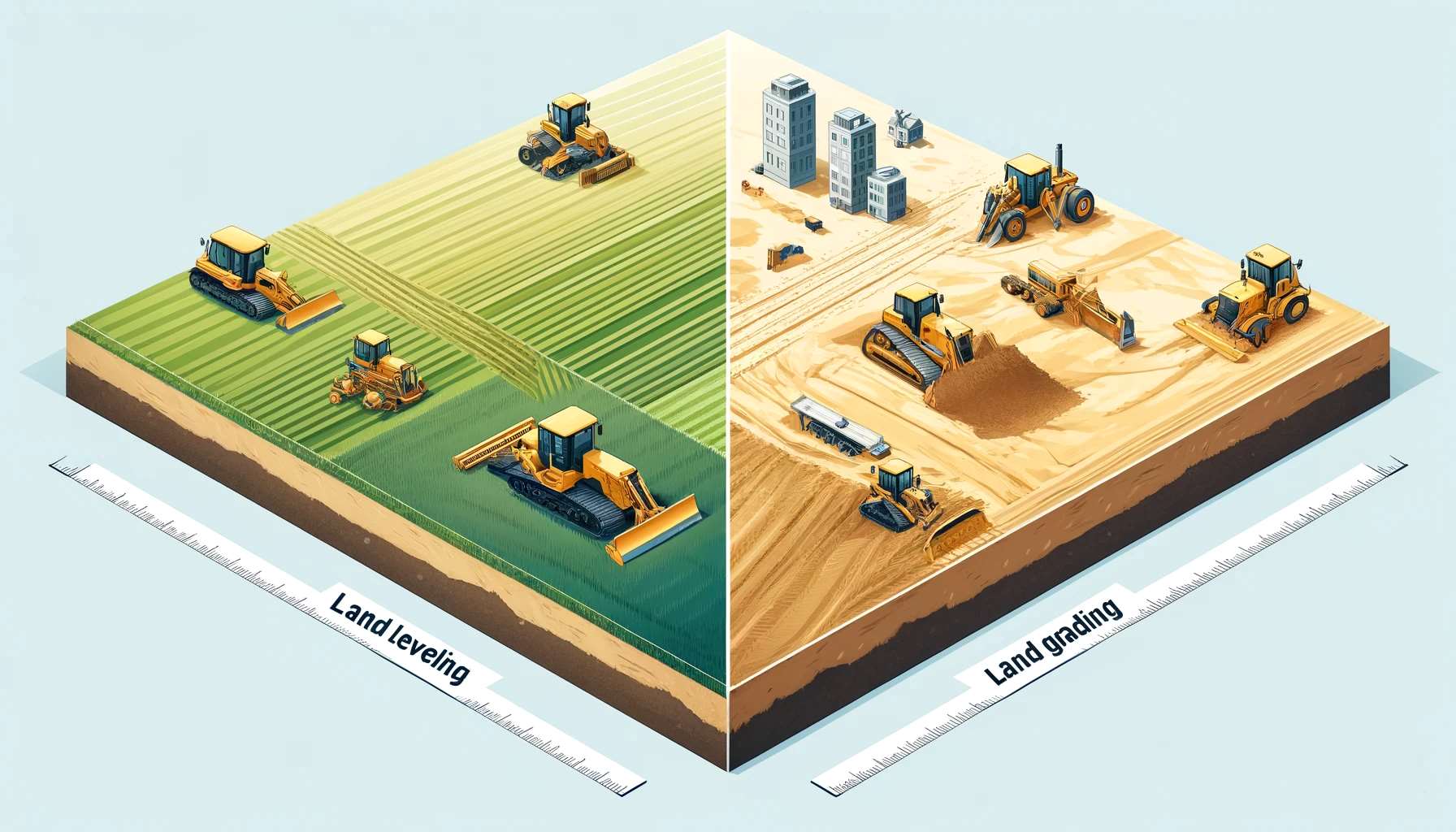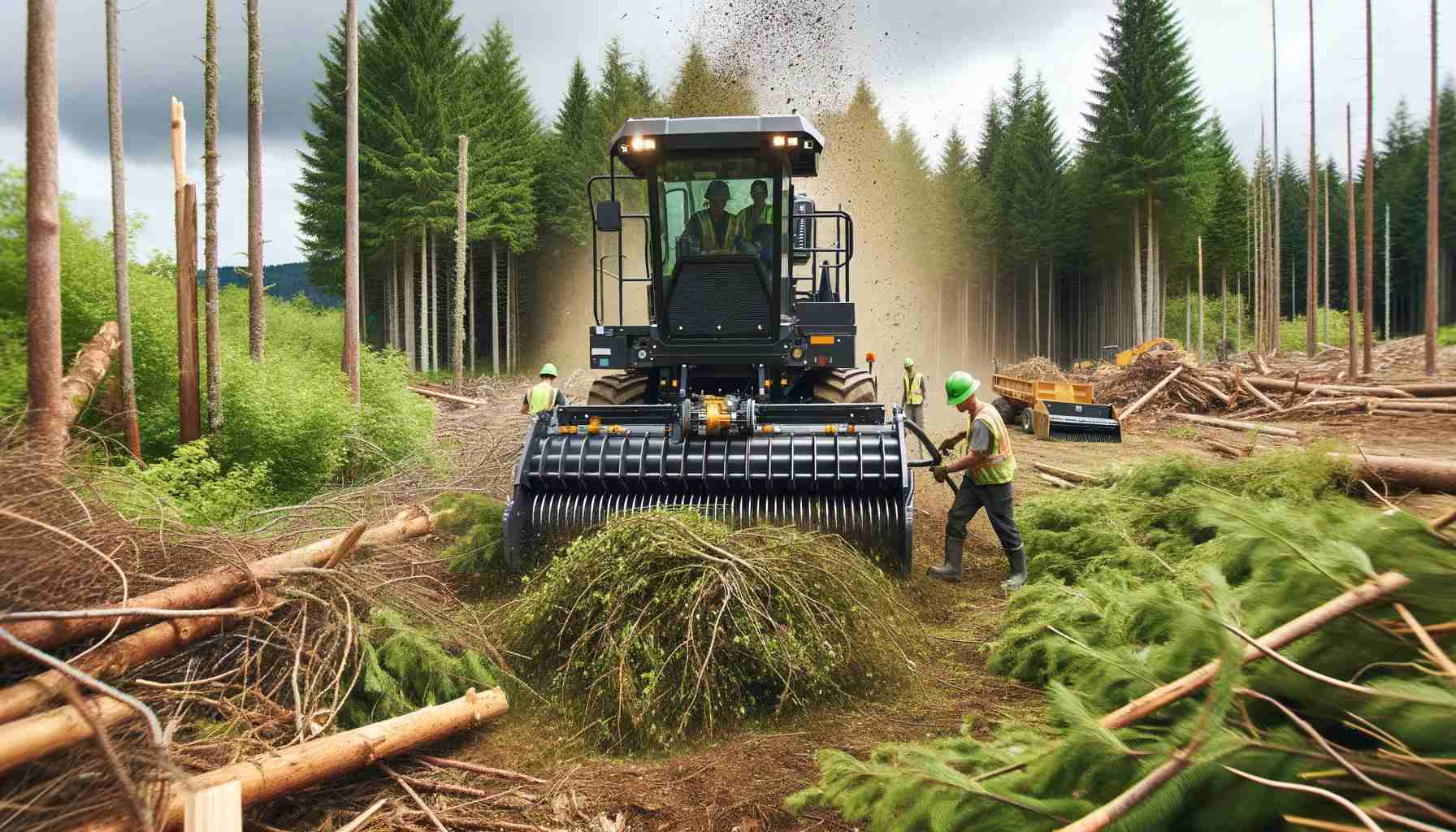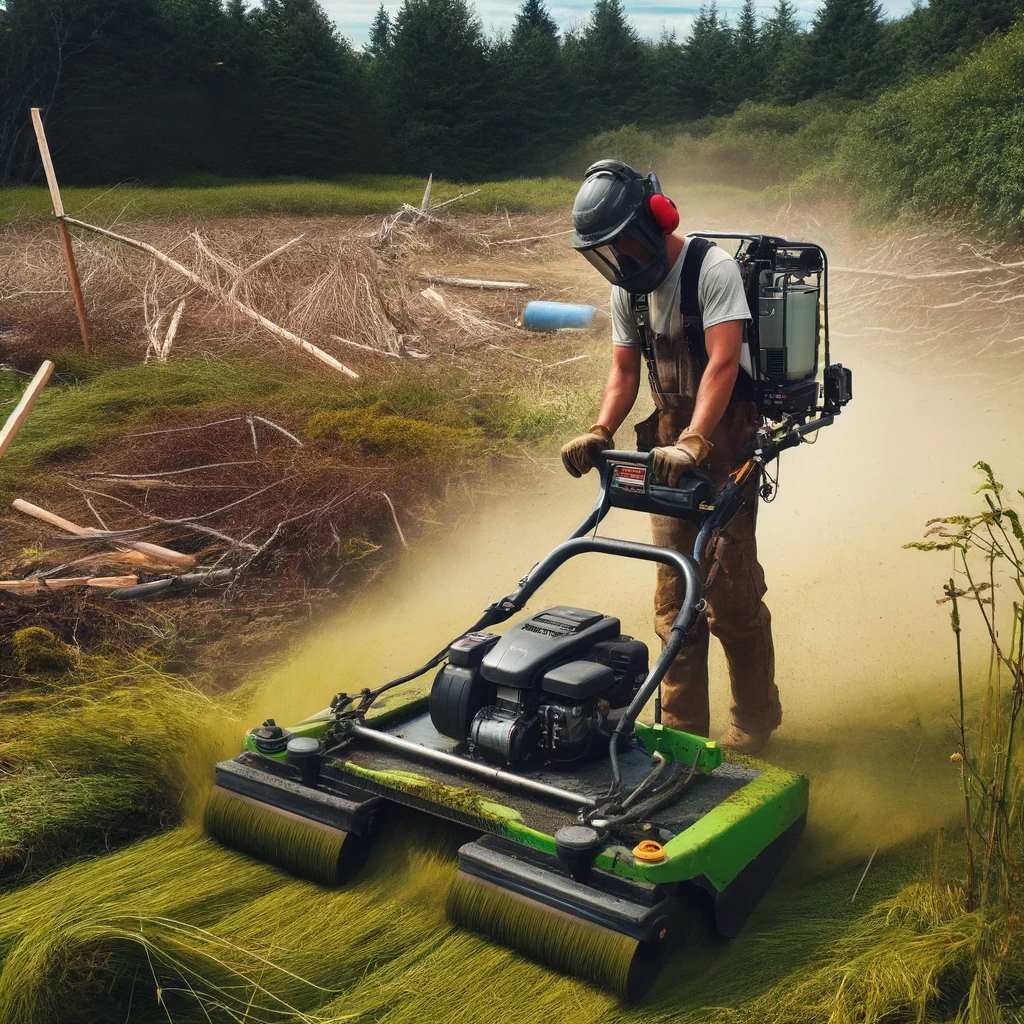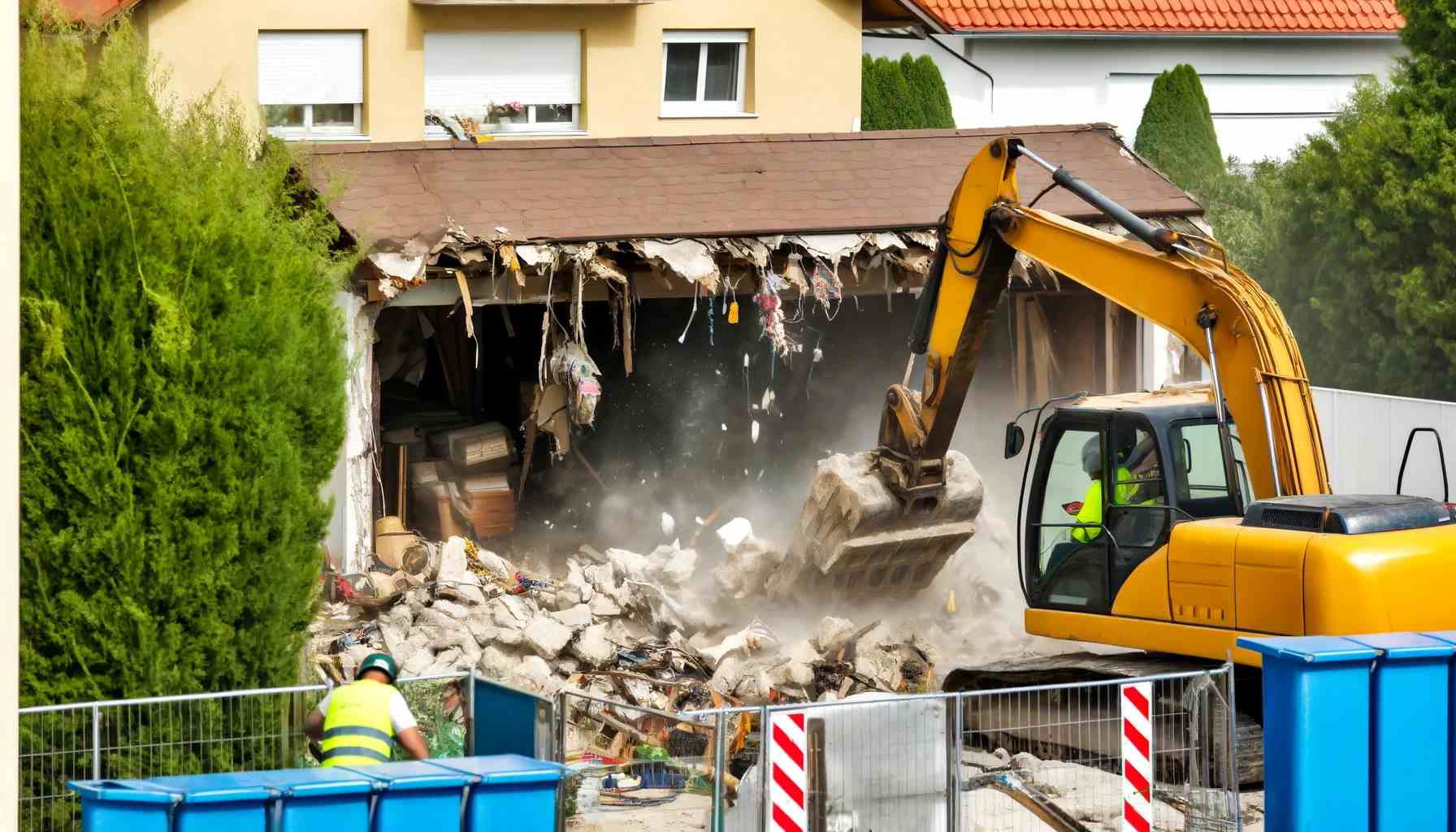Key Takeaways:
- Hydro excavation is a safe, precise, and efficient alternative to traditional excavation.
- It requires specialized tools and expertise, making it more suitable for professional services.
- When considering hydro excavation, prioritize safety, legal compliance, and environmental impact.
What is Hydro Excavation?
Hydro excavation is a non-mechanical, non-destructive process that uses pressurized water and an industrial-strength vacuum to simultaneously excavate and evacuate soil. As a safe and precise alternative to traditional excavation methods, it minimizes the risk of damage to underground utilities and is environmentally friendly.
What Are The Different Types of Hydro Excavation?
Cold Water Hydro Excavation: This is the most common form of hydro excavation. It involves using cold water to break up soil. The high-pressure water cuts through the soil, creating a slurry that is then removed by a vacuum system. This method is ideal for general excavation tasks in a variety of soil types. It is safer for buried utilities since the cold water doesn’t affect the integrity of utility lines, like gas pipes, which might be compromised by heat.
Hot Water Hydro Excavation: This technique is similar to the cold water method but uses hot water instead. The hot water is more effective in breaking through frozen ground or tough clay soils. In colder climates, where the ground is often frozen, hot water hydro excavation is a critical tool. It can also be faster than cold water in certain soil conditions due to its ability to soften the soil more quickly.
Air Hydro Excavation: Unlike the water-based methods, air hydro excavation uses compressed air to break up the soil. This method is particularly useful in sensitive environments where the introduction of water is not desirable. For instance, near electrical installations or in areas where water contamination is a concern. Air excavation is also beneficial for dry excavation as it eliminates the need for water and the subsequent handling of muddy slurry. It’s often used in archeological digs and environmental soil sampling because it’s the least invasive and offers the greatest control.
Can I do Hydro Excavation Myself?
Hydro excavation requires specialized equipment and expertise. It’s typically performed by professional services like In-Depth Excavation due to the complexities and potential risks involved.
Things to Consider When Doing Hydro Excavation
- Safety: Ensure proper safety measures are in place.
- Legal Compliance: Adhere to local regulations and obtain necessary permits.
- Environmental Impact: Consider the ecological footprint and choose environmentally friendly practices.
- Cost and Efficiency: Evaluate the cost-effectiveness and efficiency of the project.
Hydro Excavation vs Standard Excavation
Hydro excavation is a non-destructive and more precise method of excavation compared to traditional methods. It uses pressurized water and an air vacuum to excavate and evacuate soil. The three methods you mentioned – Cold Water, Hot Water, and Air Hydro Excavation – each have their specific applications and advantages:
- Cold Water Hydro Excavation: This is the most common form of hydro excavation. It involves using cold water to break up soil. The high-pressure water cuts through the soil, creating a slurry that is then removed by a vacuum system. This method is ideal for general excavation tasks in a variety of soil types. It is safer for buried utilities since the cold water doesn’t affect the integrity of utility lines, like gas pipes, which might be compromised by heat.
- Hot Water Hydro Excavation: This technique is similar to the cold water method but uses hot water instead. The hot water is more effective in breaking through frozen ground or tough clay soils. In colder climates, where the ground is often frozen, hot water is a critical hydro excavation tool. It can also be faster than cold water in certain soil conditions due to its ability to soften the soil more quickly.
- Air Hydro Excavation: Unlike the water-based methods, air hydro excavation uses compressed air to break up the soil. This method is particularly useful in sensitive environments where the introduction of water is not desirable. For instance, near electrical installations or in areas where water contamination is a concern. Air excavation is also beneficial for dry excavation as it eliminates the need for water and the subsequent handling of muddy slurry. It’s often used in archeological digs and environmental soil sampling because it’s the least invasive and offers the greatest control.
Each of these methods has its own set of benefits and is chosen based on the specific requirements of the excavation site, such as soil type, environmental conditions, and proximity to sensitive utilities or structures.
Conclusion
Hydro excavation represents the cutting edge of excavation technology, offering unmatched precision and safety. In-Depth Excavation, with its vast experience and state-of-the-art equipment, is well-equipped to handle such sophisticated excavation needs. Whether it’s for large-scale industrial projects or delicate utility works, hydro excavation is an invaluable method in the modern excavation landscape.
Looking for excavation services in Snohomish County, WA? Here at Indepth Excavation, we can pretty much do anything!
FAQ for The Basics Of Hydro Excavation And The Tools Needed
Hydro excavation is a precise, non-destructive digging method that uses pressurized water and a vacuum system to remove soil. It’s known for being safer and more efficient than traditional excavation methods, especially around underground utilities.
The main advantages include reduced risk of damage to underground utilities, higher precision, less environmental disruption, and often faster excavation compared to traditional methods.
The essential tools include hydro excavation trucks with high-pressure water jets and vacuum systems, various nozzles and hoses for different excavation needs, and debris tanks for the removed soil and water mixture.
Yes, hydro excavation can be performed in various soil types, including frozen ground. Hot water hydro excavation is particularly effective for tougher, more compact soils.
Hydro excavation is generally considered more environmentally friendly than traditional methods. It minimizes ground disturbance and can be precisely controlled to avoid damaging surrounding areas.
While hydro excavation uses water to break up soil, air excavation uses compressed air. Air excavation is often chosen in sensitive environments where water use is restricted or could cause issues.
Like all excavation methods, hydro excavation must comply with local regulations, including obtaining necessary permits, especially when working near utilities or in protected areas.
